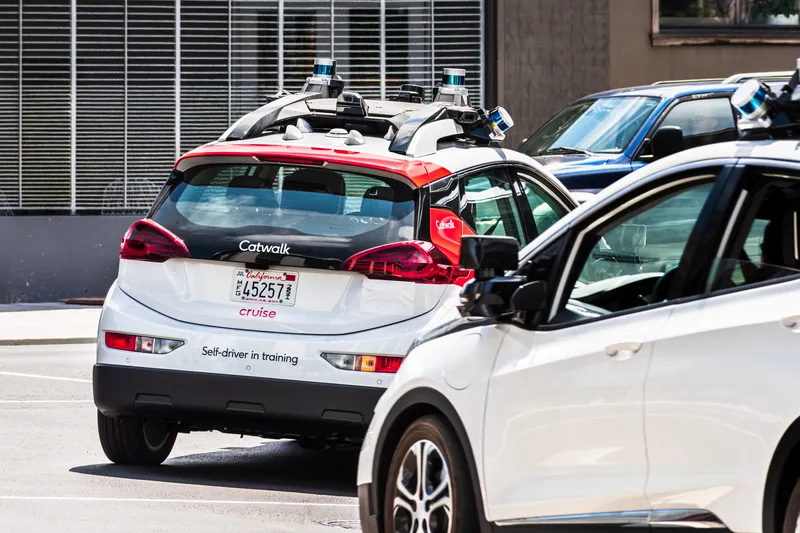PA's findings revealed that while progress is being made around technology, the rest of the ecosystem to support driverless cars - for example regulation, insurance, compliance, roads, users - still needs a lot of development.
The recent launch of the Government's MERIDIAN scheme progressed plans for CAV technology development in the UK. However PA research indicates that regulation and legislation could be the biggest road blockers for the UK when accepting AVs onto the roads.
Legislative requirements around the government's right to access data could affect the technology and a lack of usable technology will make connectivity and security impossible to achieve, slowing progress down. Conversely, insurance could be one of the quickest to achieve its full capability as it can develop the relevant policies. However, with insufficient regulations, the question of liability remains. There are also key issues around public acceptability.
Elsewhere in Europe, PA's research suggests the Nordic countries are further ahead when it comes to technology and regulations.
According to Charlie Henderson, roads expert, PA Consulting Group, the Government's launch of the MERIDIAN scheme is a good first step. However, he says that what is now needed is a clear national strategy for the UK to know how it can make the most of AVs, or we face being left far behind our European neighbours.
He believes that, while manufacturers and the media talk enthusiastically about mass uptake of autonomous vehicles, the reality is that there are a number of significant technological, legislative and public confidence barriers.
Henderson continues, "The key to speeding up progress is all about developing public confidence. For this to happen, we must: be clear about the social and economic benefits of driverless cars; define what skills the UK needs to realise those benefits; create a framework of regulations for driverless and conventional cars to co-exist; develop a cyber security framework to boost consumer confidence; and create incentives to include AV technologies in new or existing cars.
Autonomous vehicles will not hit UK roads for over a decade, says PA Consulting Group
PA Consulting Group's latest research on autonomous vehicles (AVs) suggests that despite much hype, they are more than 10 years away from being a common sight on UK roads.
PA's findings revealed that while progress is being made around technology, the rest of the ecosystem to support driverless cars - for example regulation, insurance, compliance, roads, users - still needs a lot of development.
The recent launch of the Government's MERIDIAN scheme progressed plans for CAV technology development in th
September 29, 2017
Read time: 2 mins








